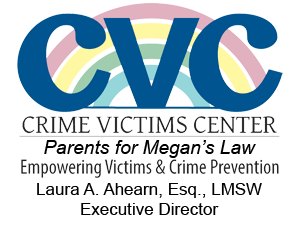RESIDENCY LAWS UNDER MICROSCOPE (Restrictions aim to prevent repeat crimes and keep communities safe, but proof is not established critics say)
Across Long Island, communities concerned about the access sex offenders have to children have passed ever-tighter legislation restricting where convicted child molesters, rapists and other sex offenders can live. nationally, 21 states and hundreds of municipalities have similar laws on the books. But experts in sex-offender treatment and recidivism say there is little proof such measures keep communities safer or prevent sex offenders from striking again. Other experts say making it harder for sex offenders to find housing can lead to stress and instability, which can increase the likelihood they will re-offend.
Those who support residential restrictions for sex offenders say the laws might not be perfect, but they're an improvement over the lack of supervision in New York for offenders no longer on parole or probation. It's really a reaction to the lack of funding being allocated to monitor and supervise sex offenders for life, said Laura Ahearn, of the Stony Brook based advocacy group Parents for Megan's Law.
Offenders in the state of Washington soon will be required to wear satellite tracking devices.
Ohio police use a geographical information system to monitor offenders living within 1,000 feet of schools.
Suffolk County has passed a law prohibiting sex offenders from living within a quarter-mile of schools and playgrounds.
SOME LAWS AROUND LONG ISLAND
Sex offender residency restriction laws passed or currently being considered by LI counties:
April 2002: Suffolk Legislature passes law preventing county from providing housing to sex offenders within 1,000 feet of schools, churches, day care centers and other areas where children congregate.
February 2006: Suffolk Legislature passes law restricting registered sex offenders from living within 1/4 mile of any school, licensed day care center or playground. Law took effect in June.
April 2006: Nassau Legislature passes law restricting registered sex offenders from living within 1,000 feet of schools and 500 feet of parks. Law took effect in June.

Comments are closed.